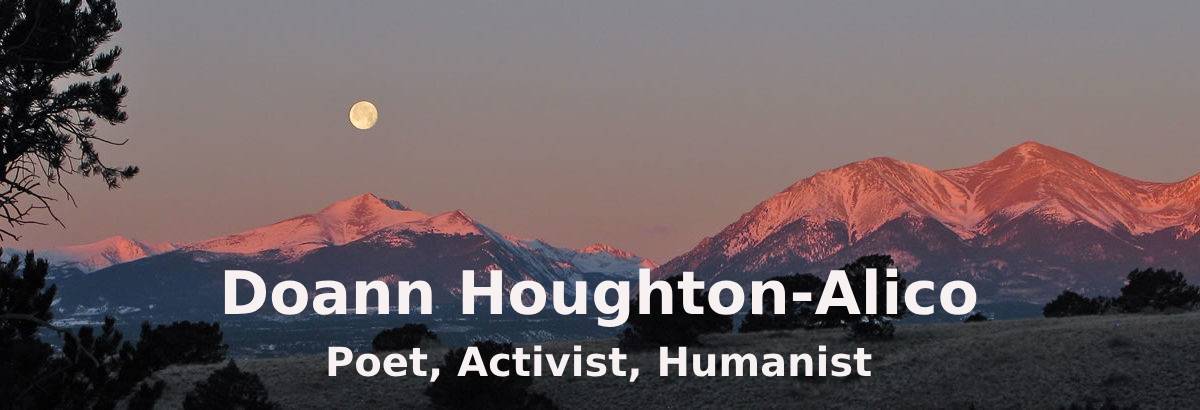When people learn I’m a poet, they often ask: “Who is your favorite poet?” It’s a similar question to what people ask me when they learn I’m a circumnavigator: “What was your favorite country?” I’ll answer that question in a future post in Travel. For now, I’m going to focus on poets, rather one of several of my favorites. For me, poetry relies on what I want to read in terms of mood, voice, the quality and surprise of the “turn.” What makes poetry difficult to understand for some is that last quality. Often a poem starts out being about one thing and then suddenly that leads to something else that creates an OMG feeling.
It was the Canadian Globe and Mail in February 2019 that posthumously described Tony Hoagland as I have in the title to this post. He was a poet with a special, personalized voice. Many poets are recognizable from that perspective, think Mary Oliver, Robert Frost, Shakespeare, and so many others. I particularly like Hoagland’s voice, who, unfortunately, died of cancer in 2018, but has left a trove of works for us to enjoy. His voice was dry, wry, witty, sensible, and in the words of Dwight Garner, New York Times reviewer: “At his frequent best … Hoagland is demonically in touch with the American demotic.”
Take a look at some of his poetry collection titles: What Narcissism Means to Me, Unincorporated Persons in the Late Honda Dynasty, Application for Release from the Dream, Recent Changes in the Vernacular, and Priest Turned Therapist Treats Fear of God.” He won several honors, awards, and prizes for these and his other works.
He also was an essayist. One of my favorites is “The Cure for Racism Is Cancer,” published September 2018 in the journal/magazine The Sun. Here are a couple of excerpts. It begins with this description of just one of his compatriots in the waiting room at the cancer center where he is being treated: “The woman sitting next to me in the waiting room is wearing a blue dashiki, a sterile paper face mask to protect her from infection, and a black leather Oakland Raiders baseball cap. I look down at her brown, sandaled feet and see that her toenails are the color of green papaya, glossy and enameled.”
“The room at…is full of people of different ages, body types, skin color, religious preferences, mother tongues, and cultural backgrounds.” All of these people have personal, relatable descriptions.
The next paragraph starts: “America, that old problem of yours? Racism? I have a cure for it. Get cancer. Come into these waiting rooms and clinics, the cold radiology units, and the ICU cubicles….Wonder what you are doing here among all these sick people: the retired telephone lineman, the grandmother, the junior-high-school soccer coach, the mother of three…”
Later on, he writes: “I wish there were other ways to cure your racism, America, but I don’t see one. Frankly, your immune system seems to be the problem. Installed by history and maintained by privilege, it is too robust, too entrenched to be undone by anything less than disaster.”
Here is a link to read this entire poignant, truthful essay: https://www.thesunmagazine.org/articles/21766-the-cure-for-racism-is-cancer
But what, you might ask, about his poetry?
I had trouble picking out a poem to use as an example of his poetic thought process and his marvelous, insightful voice. I couldn’t find this one online to direct you to the entire poem, but it’s from his book Application for Release from the Dream. I would encourage you to get the book from the library or buy it, preferably from your favorite indie bookstore. It’s entitled “Real Estate,” although he has another poem by that title that’s quite different found online.
1st stanza: “Outside the new apartment complex
they raised a giant sign that says FREE RENT;
beside the FREE, they placed a little asterisk.
5th stanza: ‘Bombing that city was a terrible mistake,’
the four-star general says on television,
‘but it taught me a lot about myself.’
Maybe he should give a medal to his therapist.
7th stanza: When I found out, almost by accident,
that I had inherited the world
—that it was precious, that I was
responsible for keeping it safe—
8th stanza: Well, imagine how embarrassing it would be for you
to admit that you had been asleep;
that somehow, while you were not paying attention,
9th stanza: someone had acquired the rights for the trees
and the beaches and hills
and exclusive use of all the creatures of the sea.
10th stanza excerpt: …
…
—your world and that of your children
11th (last) stanza: and their children, and the beasts of the fields,
And the green, green Earth itself,
Had been stolen.”
I think the stanzas I have provided are enough to feel the power and ‘POW’ of that last line. Because of copyright laws, even though I am advocating buying, or at least, asking your library to purchase, it, I can’t print the entire work. I encourage you to seek out Hoagland’s work.
Here is a link where you can read some of his work online: https://www.poetryfoundation.org/poets/tony-hoagland#tab-poems
